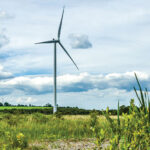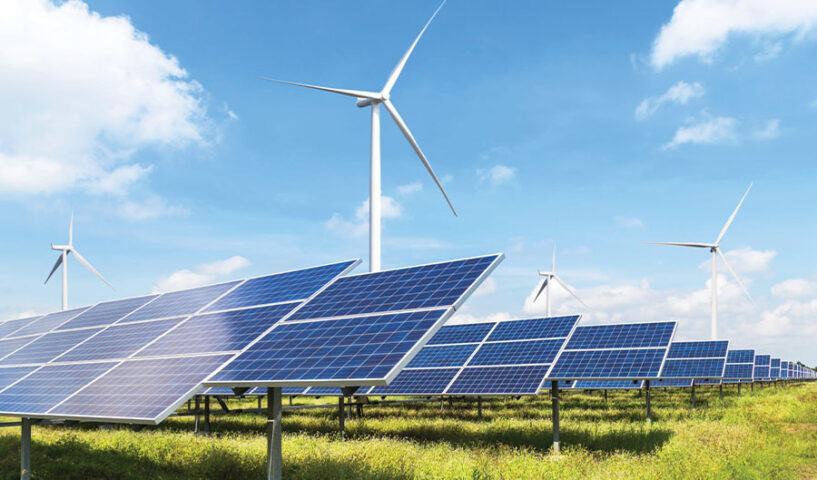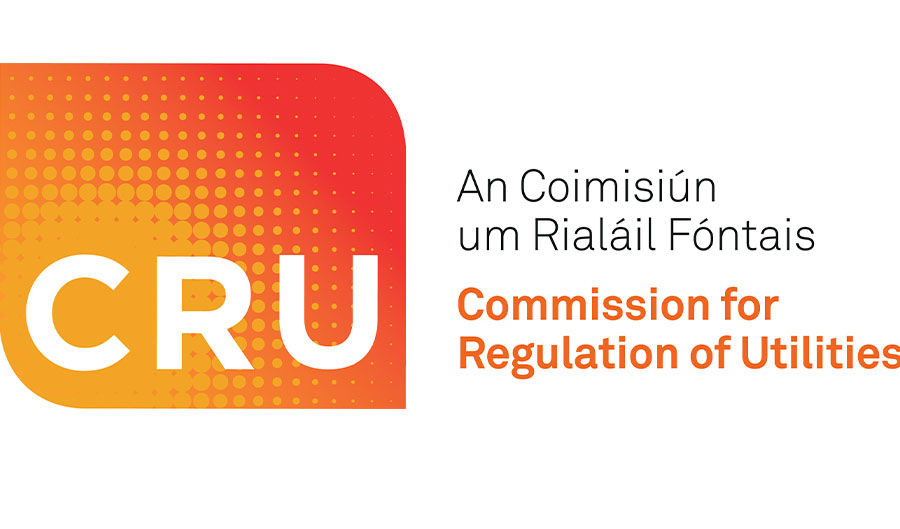
The role of long-duration electricity storage for net zero
4th October 2024
Why Ireland needs to speed-up delivery of onshore wind
4th October 2024New electricity connection policy published

The Commission for Regulation of Utilities (CRU), Ireland’s independent energy and water regulator recently published the new Electricity Connection Policy – Generation and System Services (ECP-GSS), which will ultimately support the delivery of Ireland’s renewable electricity targets.
The Government’s Climate Action Plan 2024 (CAP 24) sets out a target of 80 per cent of electricity being generated by renewables by 2030. This includes targets of 9GW from onshore wind, 8GW from solar and at least 5GW of offshore wind. Ireland is also committed to netzero emissions by 2050, and to a 51 per cent reduction in emissions by 2030.
The Climate Action Plan 2023 also included a target to support at least 500MW of local community-based renewable energy projects, increased levels of new micro-generation and small-scale generation (SSG), as well as 2GW of new flexible gas plant by 2030.
The Electricity Connection Policy has evolved over the last number of years to take account of these changes in government and European policy, as well as greater innovation and availability of new technologies.
The objective of this new connection policy is to provide increased opportunities for generation projects to connect to the network in an accelerated timeframe, delivering a higher level of renewable sources of generation that, in the long term, will provide greater sustainability and security of supply to our electricity network for customers.
The processes for connecting new generators and storage technologies to the electricity grid to participate in energy markets and supply electricity demand are technically and commercially complex. This new policy will provide greater clarity and an improved process for accelerated connection to the electricity network for both large-scale and small-scale projects.
It will also support security of supply, accelerated delivery of Ireland’s renewable electricity targets, including carbon budget and sectoral emissions ceilings and the optimal use of the existing and future grid infrastructure to deliver value to the consumer through the regular processing of connection offers for renewable electricity and other technologies.
“This new policy will provide greater clarity and an improved process for accelerated connection to the electricity network for both large-scale and small-scale projects.”
Current connection policy
New generators and storage technologies apply to the electricity system operators, EirGrid and ESB Networks, to connect to the electricity grid. Projects which connect can then progress to participate in energy markets and supply electricity. Accelerated delivery of electricity generation and storage projects and associated infrastructure is important, so that increasing demand from a growing economy and population can be catered for.
In addition to the technically and commercially complex processes for connecting these projects to the network, the European Renewable Energy Directive (RED III) includes requirements for the permit granting process for renewable energy projects. The need to decarbonise the electricity system will drive continued expansion of renewable electricity generation.
The associated targets and timelines for renewable electricity present significant challenges to the transmission and the distribution networks with new policy required to meet them.
Since publication of the first Enduring Connection Policy (ECP) in 2018, there have been several updates to the connections policy that have reflected the increased government policy focus on renewable generation and facilitated government defined community-led renewable energy projects, as well as the requirement for other generation sources and system service technologies.
ECP-GSS: New connection policy
The previous connection policies comprised a single annual batch application which generally opened for one month to allow applications to be processed. This restricted the number of projects that may have applied for a connection due to the differing stages of their development.
One of the key differences to the new ECP-GSS is the inclusion of six-monthly rather than 12-monthly application deadlines starting from September 2025.
The two-window approach will provide greater flexibility for renewable and conventional generation to progress their projects to the stage of applying for their connections, increasing the number of generation sources.
In addition, the new connection policy will also only require completed planning permission applications to be acknowledged (and not fully granted planning permission as per the previous policy) for renewable projects to enter the application process as was the case in the pervious connection policy. This is to allow the parallel processing of both planning and grid permits and to speed up permitting timelines.
The new policy will also provide greater opportunities for connection to the electricity network for smaller-scale and non-exporting projects, including mini-generation, small scale generation, repowering of existing renewable generation and community-led projects.
For further information on the policy, go to www.cru.ie

